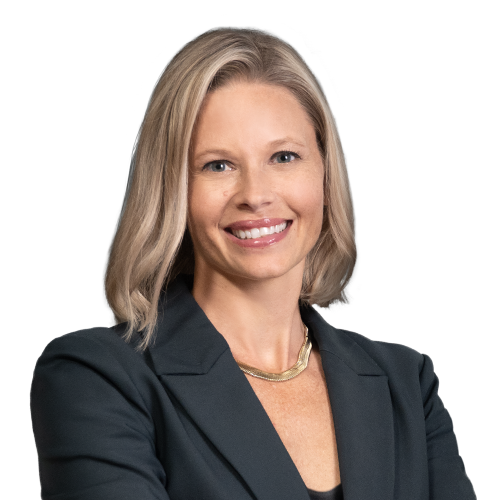Two Property and Casualty Bills Headed to Fla. Governor: What Insurers Need to Know
HB 959, Service of Process
The Department of Financial Services' omnibus bill included several changes related to service of process on an insurance entity through the chief financial officer of the state of Florida. Among other things, the bill requires the Department of Financial Services to create a secure online portal as the sole means for the state CFO to accept service of process on insurers, domestic reciprocal insurers, certain unauthorized insurers, and licensed nonresident insurance agents, among other persons regulated under the Florida Insurance Code. The bill specifies that service of process may only be served on authorized domestic, foreign, or alien insurers via submission through the secure online portal. Once received via the portal, the CFO must promptly notify the served party and make the process available through the secure online portal to the person last designated by the insurer to receive such notice. If approved by the governor, these provisions take effect on July 1, 2022.
SB 1058, Authorized Insurers Catastrophe Fund Coverage
The bill authorizes the State Board of Administration to provide Florida Hurricane Catastrophe Fund coverage to authorized insurers or Citizens Property Insurance Corp. for the policies of unsound insurers that are assumed by Citizens or an authorized, fiscally sound insurer. The bill defines an "unsound insurer" as an insurer either placed into receivership under chapter 631 or determined by the Office of Insurance Regulation (OIR) to be in "unsound condition" as defined in section 624.80(2). That statute defines "unsound condition" to mean that the OIR has determined that one or more of the following conditions exist with respect to the insurer:
- The insurer's required surplus, capital, or capital stock is impaired to an extent prohibited by law;
- The insurer continues to write new business when it has not maintained the required surplus or capital;
- The insurer attempts to dissolve or liquidate without first having made provisions, satisfactory to the OIR, for liabilities arising from insurance policies issued by the insurer; or
- The insurer meets one or more of the grounds in section 631.051, Florida Statutes, for the appointment of the Department of Financial Services as a receiver.
The bill also authorizes such an assuming insurer (or Citizens) to seek coverage for the assumed policies under its own reimbursement contract with the catastrophe fund or to accept an assignment of the unsound insurer's contract with the catastrophe fund. However, if a covered event has occurred before the transfer of the policies, then the authorized insurer or Citizens may only obtain coverage for such policies through an assignment of the unsound insurer's contract with the catastrophe fund. If the assuming insurer or Citizens accepts assignment of the unsound insurer's contract, then the catastrophe fund is required to treat the assuming insurer as if it were the unsound insurer for the remaining term of the contract beginning on the date the assuming insurer provides coverage for the assumed policies.
The statute previously only applied to policies assumed by Citizens from insurers that had been placed into liquidation. If signed by the governor, the above changes will take effect on July 1, 2022.
The bill also amends the definition of a "covered policy" to include collateral protection insurance policies (sometimes referred to as "lender-placed insurance" or "force-placed insurance") covering personal residences and protecting both the borrower and lender's financial interests, so long as such policies provide coverage in an amount equal to the amount provided under the homeowner's lapsed policy, an amount that the collateral protection insurer notified the homeowner of, or the coverage amount that the homeowner requested from the collateral protection insurer. To be eligible, such collateral protection insurance must also be capable of being accurately reported to the State Board of Administration in association with the board's determination of the applicable reimbursement premium under the catastrophe fund program. This definitional change will take effect on June 1, 2023, if the bill is signed into law by the governor.
Please contact the author of this article or any member of Carlton Fields' insurance regulatory practice for additional information.


